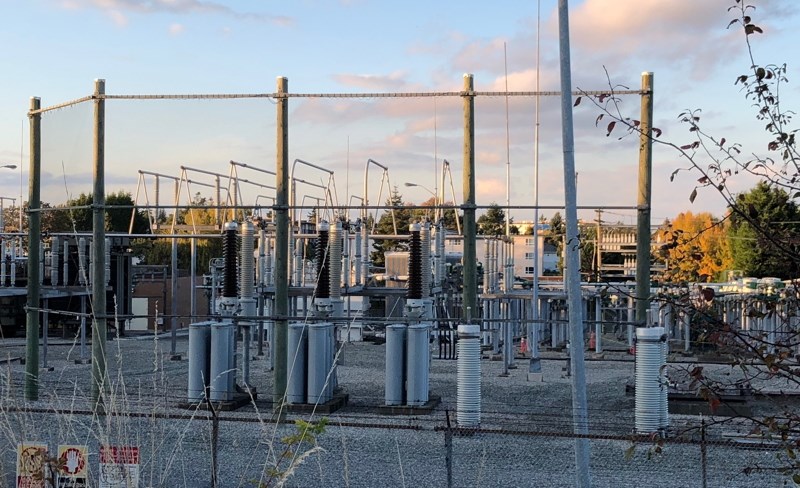Major utilities supplying electricity, natural gas, water and sewage service say they are working on a triage-style basis during the COVID-19 crisis.
Work that’s necessary to allow utility companies to continue to serve customers is being performed, but anything that doesn’t serve immediate needs will be postponed.
Nicole Brown, spokeswoman for natural gas company FortisBC, said emergencies will be dealt with promptly, and maintenance to infrastructure required to keep the service operating is still being performed.
“From an operations perspective, we are really just focusing on that work that is required to maintain capacity,” said Brown.
Outside maintenance work can be conducted with little risk to employees and the public, she said. “For the most part, the work we do on our infrastructure doesn’t require our field service workers to be in close contact with people.”
But work that requires FortisBC workers to enter customers’ homes, including the exchanging of gas meters, has been cancelled to minimize personal contacts that spread COVID-19.
For urgent work requiring workers to enter homes, they will don coveralls and face, eye and hand protection.
FortisBC has said it will be waiving late payment fees and no customer will be disconnected because of financial hardship.
sa���ʴ�ý Hydro has also initiated practices to protect employees and customers.
Spokesman Ted Olynyk said repairs will be prompt for emergencies such as power lines downed by wind or utility poles snapped by motor-vehicle collisions.
He said crews have been organized into “pods” of three to minimize contacts between people, and workers are remaining at home unless contacted for a job.
He said sa���ʴ�ý Hydro has been preparing plans to deal with COVID-19 since January. Part of the state of emergency is a decree that work not considered necessary to maintain service to customers will be postponed. “If it isn’t critical, it wouldn’t go ahead,” said Olynyk.
Tim Robbins, general manager of integrated water services for the Capital Regional District, said few operations have been affected by the pandemic, but schedules and assignments for employees have been shifted to minimize contacts.
Robbins said supply of essential materials used in treatment plants is expected to continue.
One problem that has arisen is people flushing disinfectant wipes, causing serious clogs in municipal sewers.
Victoria Mayor Lisa Helps last week asked city residents not to flush wipes.



